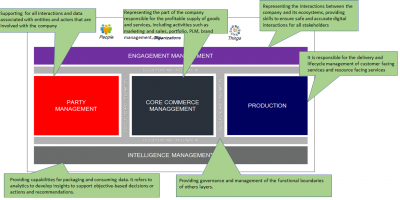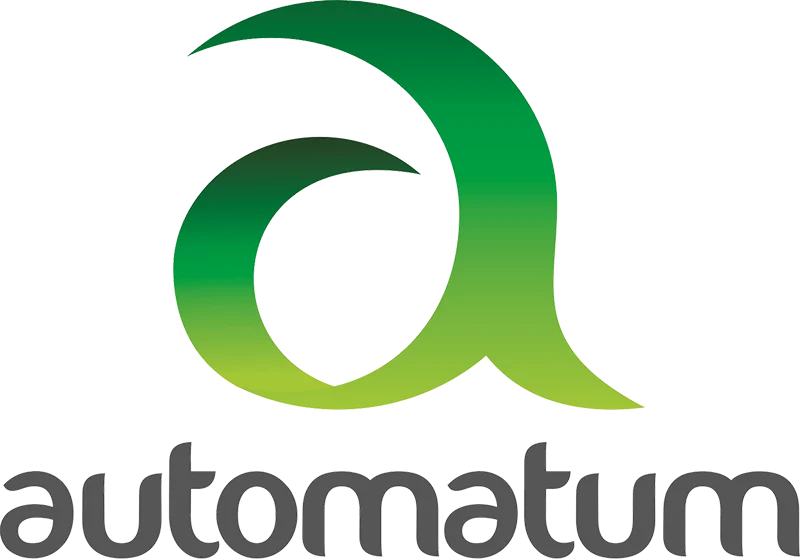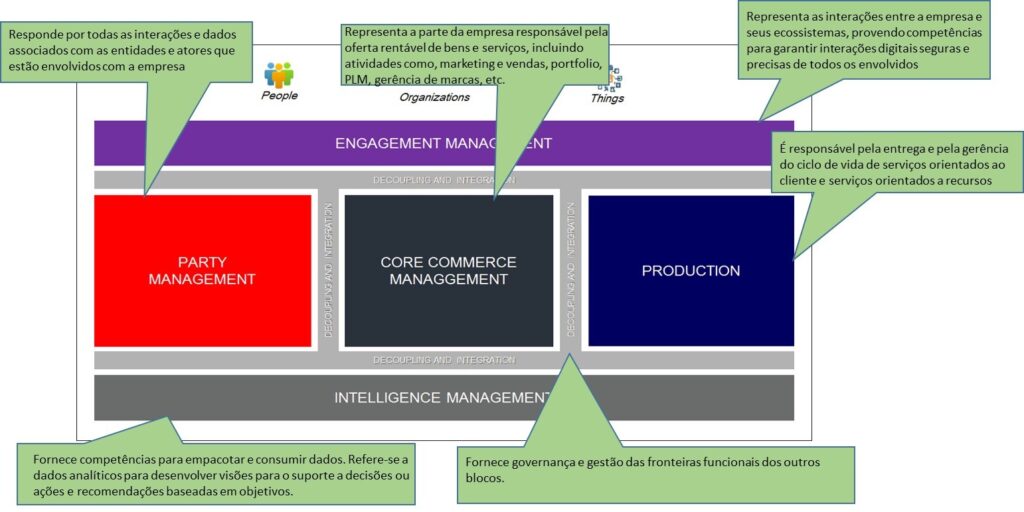This question is recurrent in many service providers, solution providers and integrators in Digital Transformation (DT) programs. There is no single, comprehensive answer for every business scenario. For this reason, numerous companies have spent substantial investments for their TD programs. To help telecommunications, media and technology companies, the TM Forum®, a non-profit organization, has been dedicated through several of its members to propose solutions and answers to this question.
One of the biggest challenges in building a digital ecosystem is the integration between the solutions of the different actors that act in this ecosystem. These challenges are related to cost, time and risks involved, whether in their construction or in the maintenance and evolution of these solutions.
With this in mind, the TM Forum created its “Open APIs” initiative in 2013 and today has more than 60 specified APIs, many of them with Swagger, and a test kit to verify the solution's compliance with the use of the respective API. These APIs are integration frameworks for digital ecosystems and are becoming a de facto industry standard. To get an idea, there is a manifesto signed by 82companies including Operators, equipment and systems suppliers and integrators. Approximately 2,000 companies are using Open APIs and this number continues to grow continuously.
Another initiative worth mentioning is an architecture created natively for digital ecosystems and already compatible with the concept of native cloud. This architecture is known as “Open Digital Architecture” – ODA also created by TM Forum

ODA is made up of 6 layers:
1. Engagement Management: supports safe and accurate interactions between the company and other actors that act in the ecosystem;
2. Party Management: represents everyone involved in the digital ecosystem;
3. Core Commerce Management: supports the offerings of goods and services, including marketing and sales, portfolio, product lifecycle management, brand management, etc.
4. Production: supports the delivery and lifecycle of customer-oriented services (Customer Facing Services) and resource-oriented services (Resource Facing Services);
5. Intelligence Management: Provides capabilities to package and consume data and analytics to develop insights to support decisions or actions and recommendations based on objectives.
6. Decoupling and Integration: Provides governance and management of the functional boundaries of others layers.
Currently, more than 53 companies have signed the TM Forum manifesto committing themselves to the use of ODA. Several prominent operators in Europe and Asia already use this architecture as a pillar for their digital solutions.
TM FORUM SURVEYS
In February/21, TM Forum published a survey carried out with 51 Operators and 34 suppliers/integrators and some results confirm what has been said so far:
i. The two main reasons for Operators to adopt Open APIs were: integration cost reduction with 87% and complexity reduction with 74%; (percentage refers to the volume of mentions in the survey);
ii. The two main reasons for vendor adoption were to help customers reduce complexity and integration costs with 94% and improve competitiveness with 88%.
The results of the survey on the adoption of Open APIs by Operators and vendors were surprising for their magnitude:
i. 94% of Operators responded that they have implemented solutions or have concrete plans to use them!
ii. 93% of suppliers also responded in the same way!
CONCLUSION
The survey results published by the TM Forum definitively confirm that Open APIs have become the de facto standard in the Telecom, Media and Technology industry. This shows the confidence of these companies with Open APIs in reducing the costs, timeframe and risks of Digital Transformation programs.
There is a clear intention to use the ODA architecture as a pillar for building flexible, scalable, assertive and reliable solutions for digital ecosystems and already compatible with native cloud. This will be another topic we will write about shortly.

 Português
Português Español
Español
